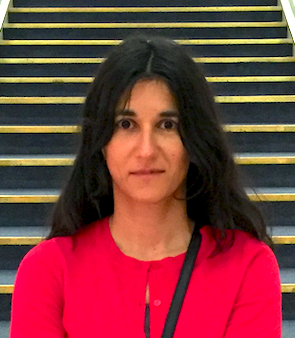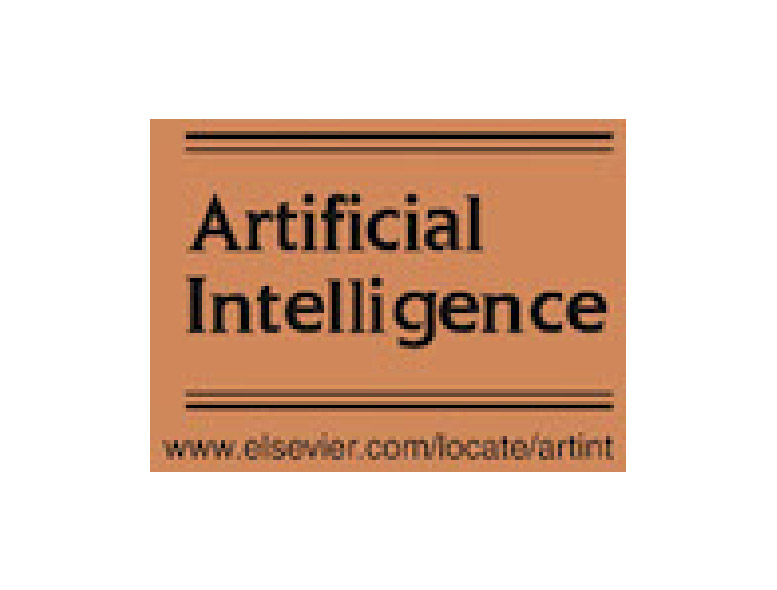Efficient Perception and Learning with Symmetry and Active Sensing
Abstract
Scaling up data and computation is regarded today as the key to achieving unprecedented performance in many perception tasks. Biological perception is characterized though by principles of efficiency implemented through symmetry and efficient sensing. By respecting the symmetries of the problem at hand, models can generalize better, often requiring fewer parameters and less data to learn effectively. Moreover, they provide insights into the underlying structures and symmetries of the data, which can be invaluable in developing more robust and interpretable models. The incoming sensing bandwidth is remarkably low for vision in biological brains while current computer vision systems are based on full video frames and many views of the world. We will present an active approach to view selection based on information-theoretic principles. We will finish with a new sensor paradigm that senses only visual events rather than whole scenes and show how it can solve basic tasks fundamental to embodied intelligence.
Bio
Kostas Daniilidis is the Ruth Yalom Stone Professor of Computer and Information Science at the University of Pennsylvania where he has been faculty since 1998. He is an IEEE Fellow. He was the director of the GRASP laboratory from 2008 to 2013, Associate Dean for Graduate Education from 2012-2016, and Faculty Director of Online Learning from 2013- 2017. He obtained his undergraduate degree in Electrical Engineering from the National Technical University of Athens, 1986, and his PhD in Computer Science from the University of Karlsruhe, 1992, under the supervision of Hans-Hellmut Nagel. He received the Best Conference Paper Award at ICRA 2017. He co-chaired ECCV 2010 and 3DPVT 2006. His most cited works have been on event-based vision, equivariant learning, 3D human pose, and hand-eye calibration.
Perception for Robotics
Abstract
In this keynote, I will discuss our work on Computer Vision for Robotics, such as, perception methods used in autonomous vehicles, robot manipulation, video tracking and learning from videos, instruction following and social navigation.
Bio
Katerina Fragkiadaki is the JPMorgan Chase Associate Professor in the Machine Learning Department in Carnegie Mellon University. She received her undergraduate diploma from Electrical and Computer Engineering in the National Technical University of Athens. She received her Ph.D. from University of Pennsylvania and was a postdoctoral fellow in UC Berkeley and Google research after that. Her work focuses on combining forms of common sense reasoning, such as spatial understanding and 3D scene understanding, with deep visuomotor learning. The goal of her work is to enable few-shot learning and continual learning for perception, action and language grounding. Her group develops methods for computer vision for mobile agents, 2D and 3D visual parsing, 2D-to-3D perception, vision-language grounding, learning of object dynamics, navigation and manipulation policies. Pioneering innovations of her group’s research include 2D-to-3D geometry-aware neural networks for 3D understanding from 2D video streams, analogy-forming networks for memory-augmented few-shot visual parsing, and language-grounding in 2D and 3D scenes with bottom-up and top-down attention. Her work has been awarded with a best Ph.D. thesis award, an NSF CAREER award, AFOSR Young Investigator award, a DARPA Young Investigator award, Google, TRI, Amazon, UPMC and Sony faculty research awards. She is a program chair for ICLR 2024.










